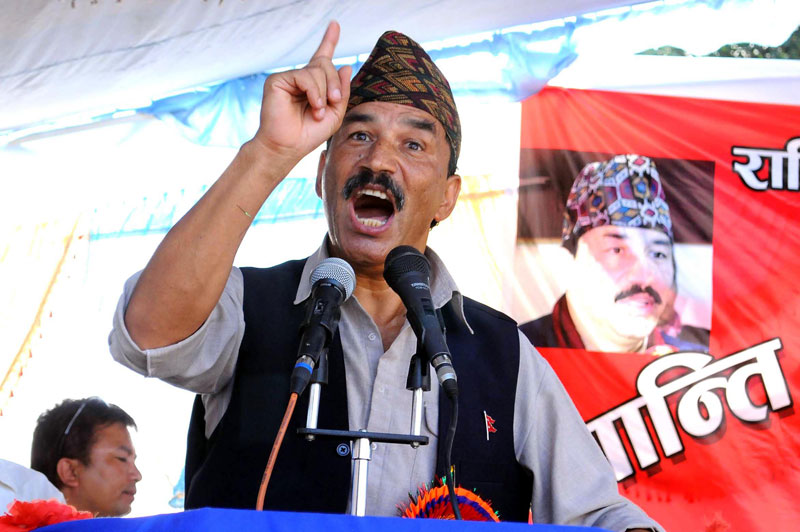LETTERS: Take it to UN body
While addressing the 23rd Session of Universal Periodic Review on Human Rights in Geneva, Switzerland on Wednesday, Deputy-Prime Minister and Foreign Minister Kamal Thapa has stated that, the continuous obstructions at border points under any pretext has severely impeded the exercise of rights and freedom that Nepal is entitled to under the international law as a land-locked country while the Nepal-Government seeks to address political problems in Nepal through dialogue.
Academician at the International Law School of Leeds University in the U.K., Prof Surya Subedi has also suggested Nepal prepare professional papers to go to the International Court of Law against India for engineering an Economic Blockade of Nepal. It seems that Nepal is preparing to go to file a law-suit against India though without enough determination. I would like to opine that we should not be encouraged by Subedi’s advice. Instead, the government should try to win the minds of the Madhesis by addressing their genuine concerns. If the Madhesis’ concerns are
addressed India will have no excuse to impose such inhumane blockade.
Karuna Ratna Yami,
Yetkha, Kathmandu
Relations
As India has imposed an unofficial economic blockade against Nepal people here are confronting with a humanitarian crisis. Nepal must focus on further improving and strengthening her bilateral relation with China which is supporting Nepal at the time of crisis created by India. The fact that diplomatic relations between Nepal and India can never be denied or ignored because both share commonalities in almost everything, right now we should also give emphasis to our northern neighbour.
China has been helpful at present by performing her task as a good friend by supplies of petroleum products to us.
We should be thankful to this rising economic as well as military power. We should work very hard in order to broaden our trade and business with China because it’s our all-weather friend.
Pratik Shrestha, Kathmandu
Joint efforts
The recent establishment of the mega reservoir and hydro-electric project on the Psangpo-Brahmaputra river by China in its upper catchment areas in Tibet is a warning sign for both India and Bangladesh sharing the middle and lower catchment areas respectively. This will have serious impacts on the water flow of this transboundary river passing through Tibet, India and Bangladesh in the coming years and is going to severely reduce the local agricultural and hydro-electric productivity in North East India and Bangladesh. It will be important for both India and Bangladesh to seriously discuss with China a mechanism for establishing joint management of the river water. Unless this is dealt urgently by both nations, the economy of India and Bangladesh will suffer immensely in the not so distant future.
Saikat Kumar Basu,
Canada






